Graduate & Postdoc Training
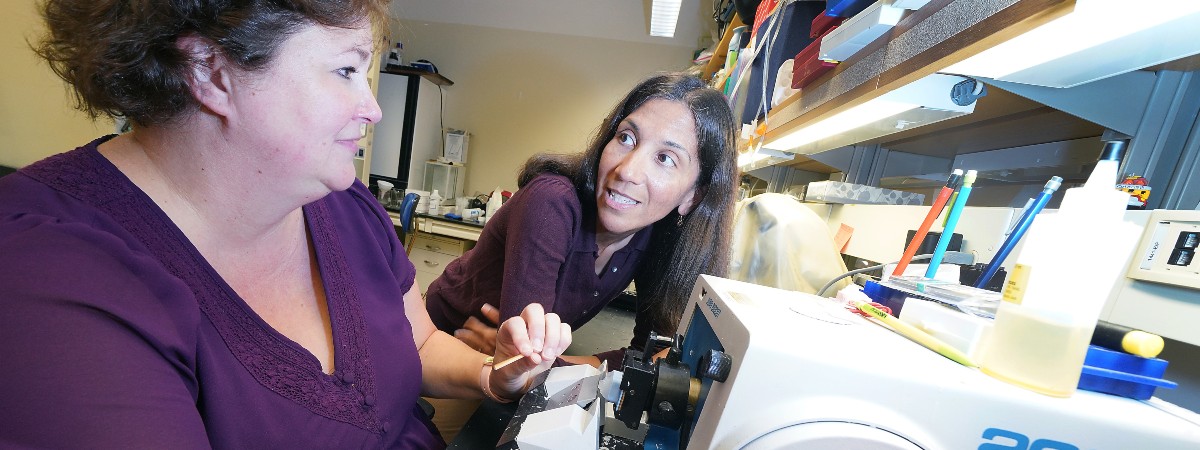
WANT TO BE A MEMBER OF THE CENTER FOR PLANT BIOLOGY?
Prospective graduate students: There are multiple options for students to pursue graduate studies through the Center for Plant Biology. Students need to apply and be accepted into the lab of a CPB faculty member through one of the nine affiliated graduate programs at Purdue. See below for more details on the affiliated programs and how to apply.
Prospective postdocs: Postdoctoral positions are handled by individual CPB faculty. Prospective postdocs should reach out to those CPB faculty members they are interested in working with to inquire about opportunities. We advise reaching out at least six months in advance of when you are available to start.
Once accepted, a graduate student or postdoctoral researcher--known in the CPB as a trainee--is automatically given membership to the CPB, no extra application needed.
AT THE CPB, WE INVEST IN TRAINEES LIKE YOU:
All graduate students in programs affiliated with the CPB are fully funded with packages that include:
- A base annual 12-month salary of at least $28,000.00 (some programs are more), paid biweekly
- A graduate tuition remission, currently valued at $35,650.00 annually, to cover tuition costs.
- An annual medical insurance premium contribution that pays a portion of the Graduate Staff Insurance, the value of which is currently estimated at $1,755.83 per year. Purdue pays this portion directly to the insurance carrier, which covers a portion of the total cost. Students are responsible for paying their portion, estimated at $56.86 per month, directly to the insurance carrier.
Funding is made available to graduate students through their programs, departments, teaching assistantships, research assistantships, fellowships, and/or other sources through their advisors.
Postdoc salaries and funding sources are determined on an individual basis by CPB faculty. The minimum salary at Purdue is $47,500.00. Postdocs are eligible to receive staff medical benefits. Additional information and resources are available to help guide international postdocs.
BENEFITS OF BEING A CPB TRAINEE:
Students and researchers train with leading experts in basic plant biology with access to some of the best equipment and facilities.
The CPB hosts a network of over 100 faculty and trainees working to answer the most interesting questions in basic plant biology.
Over 50% of CPB papers are published in high-impact (Q1) journals and 1-in-5 involve 2+ CPB labs.
Graduate students and postdoctoral researchers join their peers at the CPB Trainee Association to promote and organize professional development, team-building and social activities.
The CPB grants funds to support society memberships and travel to attend and participate in scientific conferences.
Graduates from CPB labs go on to careers in academia, industry, government, and beyond.
Fostering Collaboration and Growth
what is a fellowship?
Fellowships are merit-based awards of funding for training, travel and tuition. They might provide a trainee with a greater salary.
PURDUE GRAD Recruitment (internal) fellowships
After applying to one or more graduate programs at Purdue, students’ applications are automatically considered for internal fellowships. Prospective students who are offered an internal fellowship will receive a fellowship offer letter with their offer of admission to Purdue. See the Purdue Graduate School’s Fellowship FAQs page for additional information on fellowships.
External GRAD fellowships
External fellowships, though not affiliated with Purdue Agriculture, also support students through funding. This tool will help prospective and current students identify opportunities to apply for outside fellowships. It is recommended that prospective students discuss intentions to apply for external fellowships when they contact faculty of interest.
postdoctoral fellowships
Information on postdoctoral fellowship opportunities is available through the Office for Postdoctoral Scholars.
APPLYING TO CPB GRAD PROGRAMS IS AS EASY AS 1, 2, 3...

FIND YOUR FIT
In one of the 9 affiliated programs below

REACH OUT
To preferred CPB faculty and list on your application

APPLY
To up to 3 affiliated programs with a single application and fee payment
Department of Agronomy graduate program
Agronomy is the science and practice of growing and managing plants for food, fuel, fiber and land restoration. Students interested in studying fundamental aspects of plant biology, genetics and physiology in agronomic crops should consider applying to work with CPB-affiliated faculty through the Department of Agronomy graduate program.
CPB-affiliated faculty:
Program FAQ:
Q: Who can I contact with Department of Agronomy graduate program questions?
A: Please contact Jiayi Sophia Qu, Program Administration Specialist at: qu113@purdue.edu
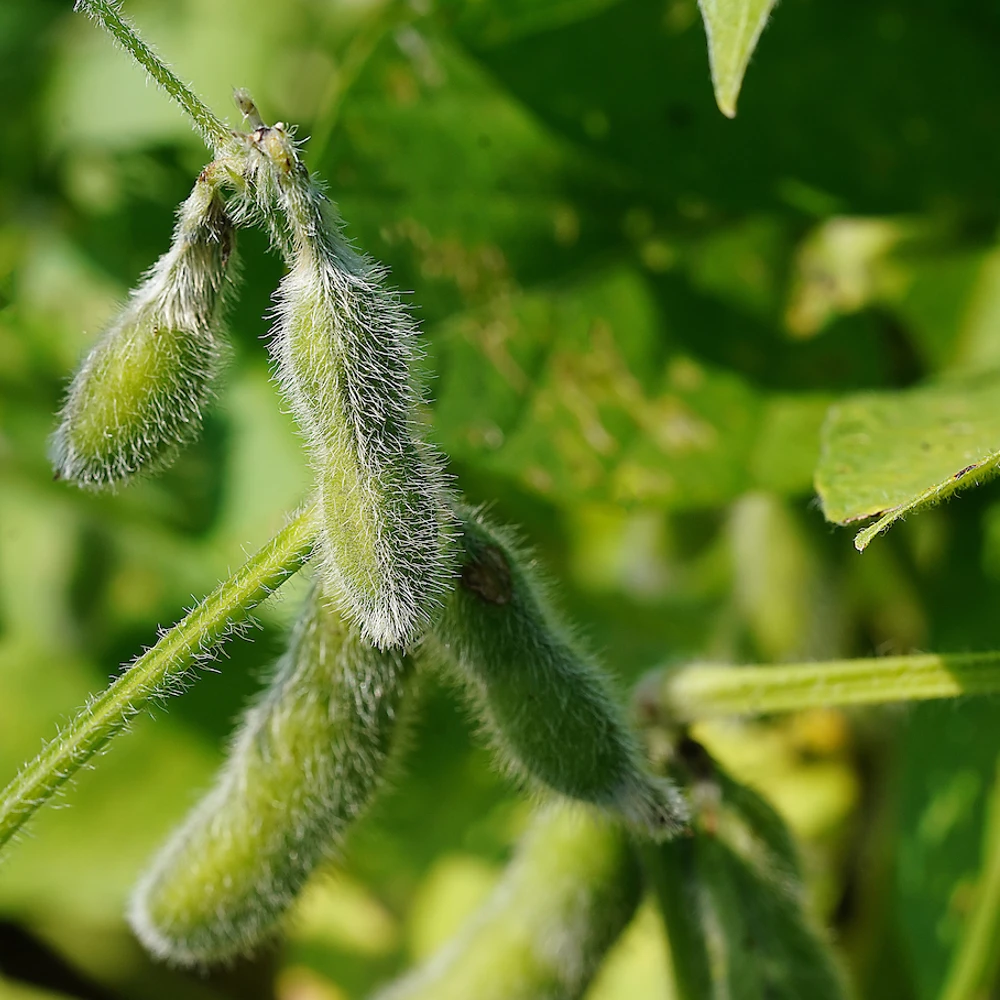
Department of Biochemistry graduate program
Biochemistry combines principles from biology and chemistry to understand the molecular mechanisms behind biological processes in living organisms. Students interested in studying the biochemical processes that take place in plants, like photosynthesis, specialized metabolism, genetics, and the function, expression and regulation of genes and proteins should consider applying to work with CPB-affiliated faculty through the Department of Biochemistry graduate program.
Please note that students rotate through three labs in the Department of Biochemistry graduate program before being placed in a permanent lab.
CPB-affiliated faculty:
Program FAQ:
Q: Who can I contact with Department of Biochemistry graduate program questions?
A: Please contact Traci Edmonds, Senior Graduate Program Administrator: edmondst@purdue.edu
or Graduate Coordinator/Administrative Assistant Jennifer Ann Wilson: wils1135@purdue.edu
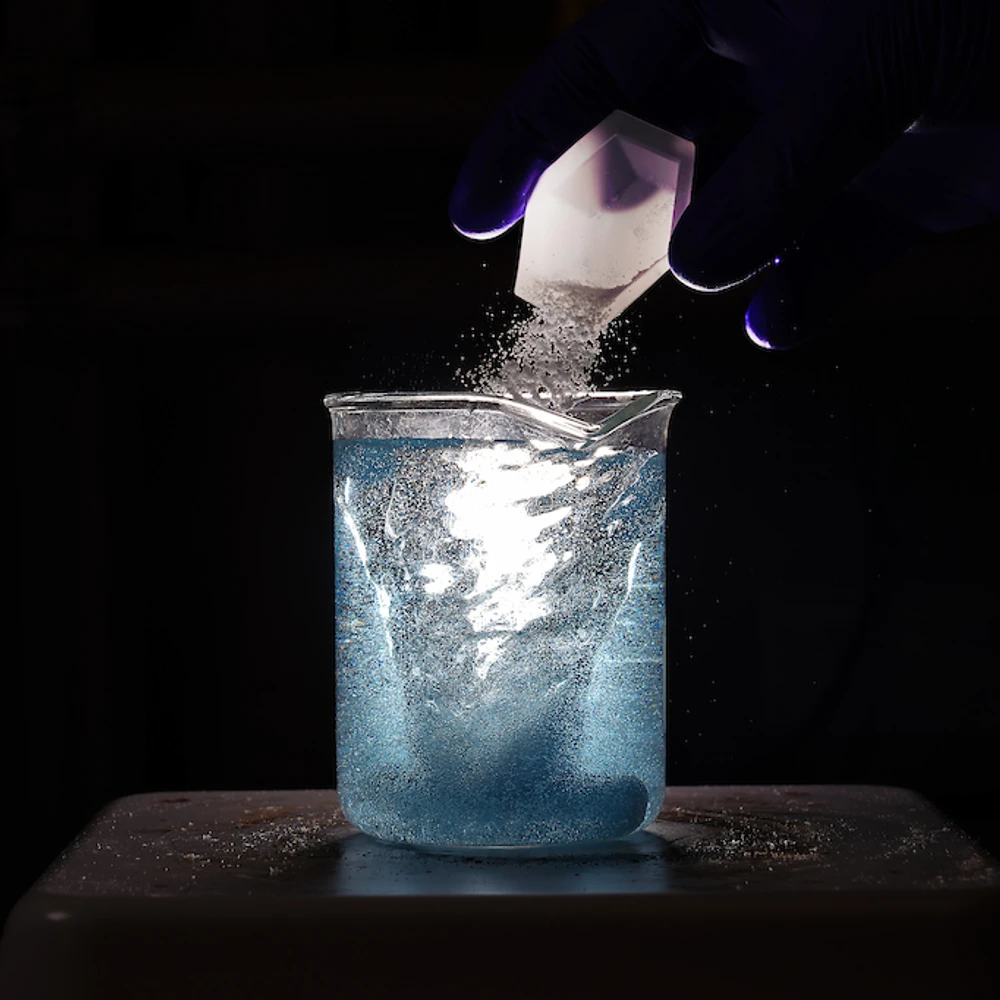
Department of Biology graduate program
Biology aims to understand the fundamental principles that govern living systems, from molecular and cellular levels to ecosystem and biosphere levels. Students interested in fundamental research in sub disciplines of genetics, molecular biology, microbiology, evolutionary biology, ecology and botany should consider applying to work with CPB-affiliated faculty through the Department of Biology graduate program.
Please note that students rotate through three labs in the Department of Biology graduate program before being placed in a permanent lab.
CPB-affiliated faculty:
Stanton Gelvin
Sergio Muñoz-Gómez
Daniel Park
Program FAQ:
Q: Who can I contact with Department of Biology graduate program questions?
A: Please contact Patricia Dimmitt, Senior Graduate Program Coordinator: poliver@purdue.edu
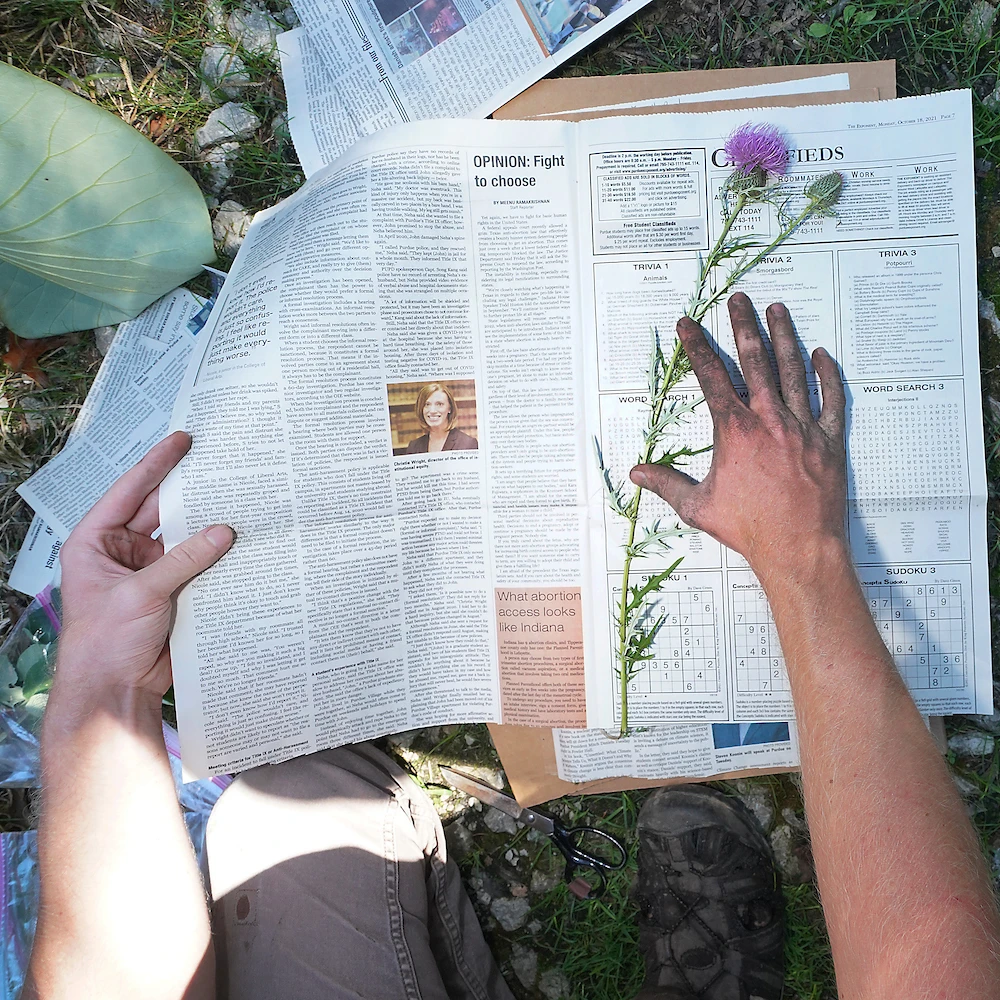
Department of Botany and Plant Pathology graduate program
Botany and plant pathology are the branches of biology that encompasses all aspects of plant life, including their structure, growth, reproduction, chemical properties, metabolism, development, evolution, diseases, pathogens and interactions with their environment. Students interested in fundamental research that seeks to expand the knowledge essential to understanding plant life should consider applying to work with CPB-affiliated faculty through the Department of Botany and Plant Pathology graduate program.
CPB-affiliated faculty:
Leonor Boavida
Zhixiang Chen
Morgan Furze
Anjali Iyer-Pascuzzi
Angela Hancock
Sharon Kessler
Damon Lisch
Scott McAdam
Tesfaye Mengiste
Michael Mickelbart
Christopher Oakley
Gyeong Mee Yoon
Yun Zhou
Program FAQ:
Q: Who can I contact with Department of Botany and Plant Pathology graduate program questions?
A: Please contact Lisa A Gross, Graduate Student Coordinator: gross25@purdue.edu
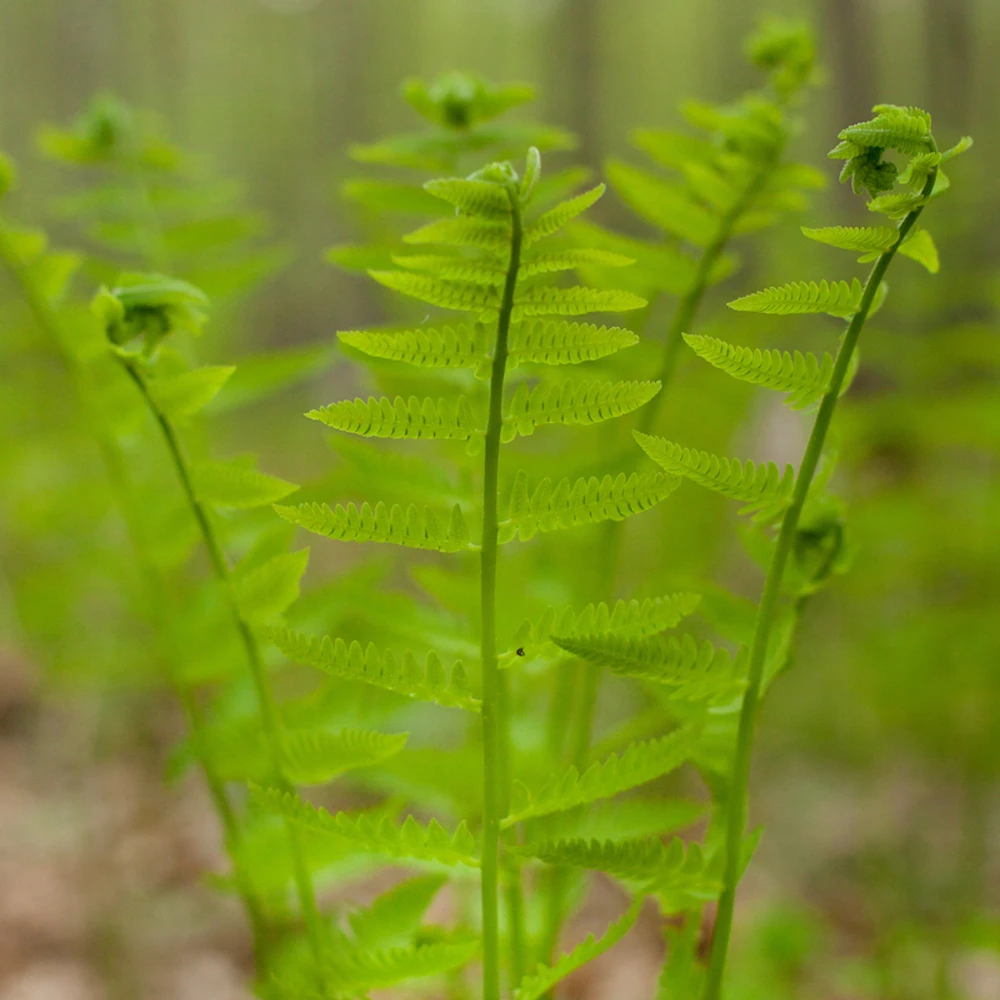
School of Chemical Engineering graduate program
Chemical engineers apply principles from chemistry, physics, mathematics, biology and economics to develop efficient and sustainable processes for producing chemicals, fuels, pharmaceuticals, food and other materials. Students interested in collaborating with plant scientists, biochemists and microbiologists and providing insights into plant biology and chemistry to develop effective biotechnological processes should consider applying to work with CPB-affiliated faculty through the School of Chemical Engineering graduate program.
CPB-affiliated faculty:
John Morgan
Program FAQ:
Q: Who can I contact with School of Chemical Engineering graduate program questions?
A: Please contact Bev Johnson, Graduate Program Administrator: bevjohnson@purdue.edu
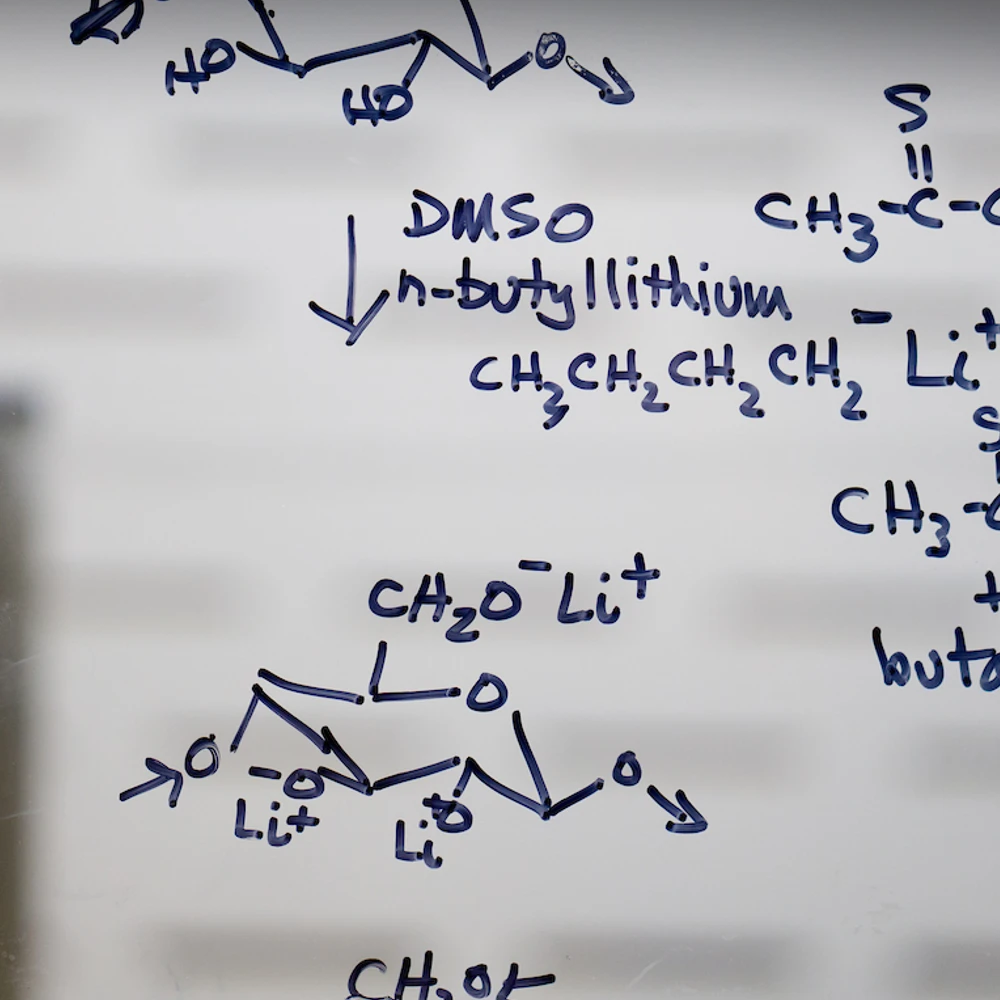
Department of Entomology graduate program
Entomology is the branch of science that provides essential insights into the biology and ecology of insects. Students interested in the multifaceted relationships of insects and plants—encompassing chemical ecology, pollination, pest interactions and ecosystem dynamics—should consider applying to work with CPB-affiliated faculty in the Department of Entomology graduate program.
CPB-affiliated faculty:
Program FAQ:
Q: Who can I contact with Department of Entomology graduate program questions?
A: Please contact Amanda Wilson, Graduate Academic Advisor: apendle@purdue.edu
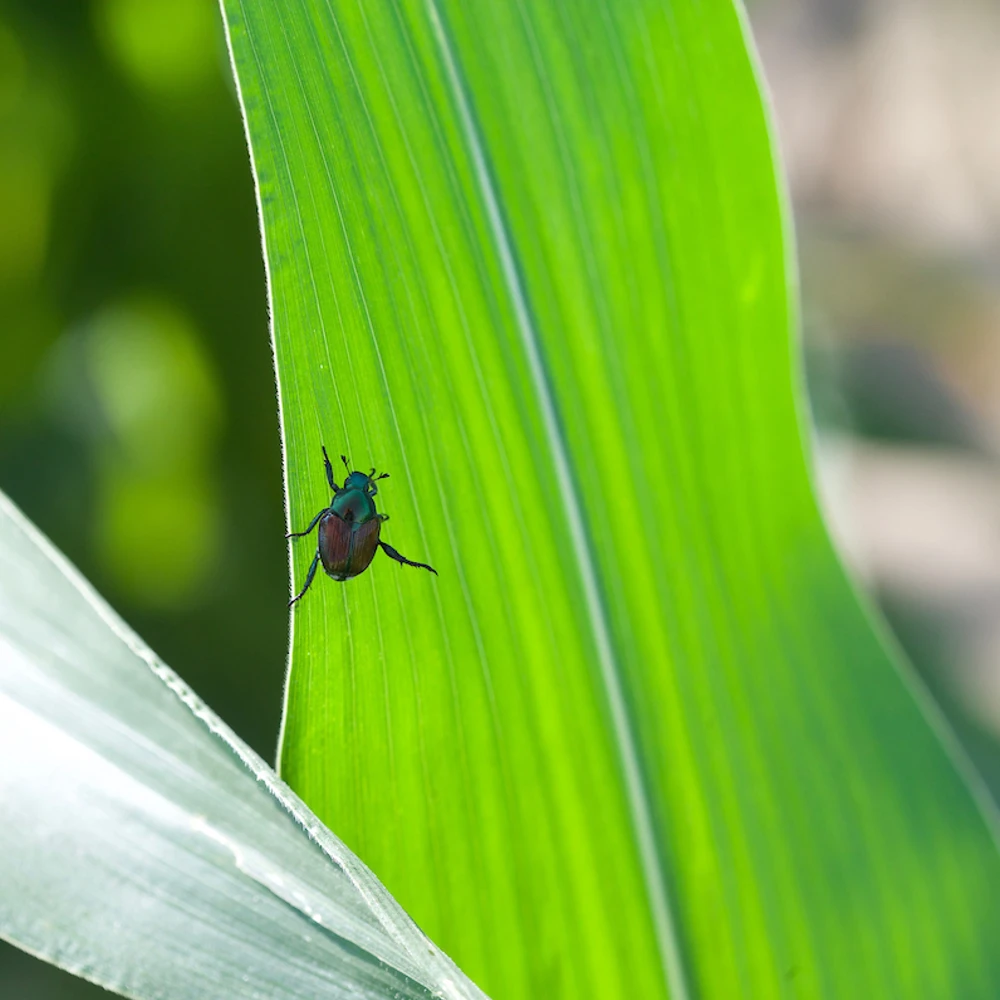
Department of Forestry and Natural Resources graduate program
Forestry and Natural Resources are fields focused on the management, conservation and sustainable use of forests and other natural ecosystems. Students interested in understanding forest ecosystem dynamics through biology, physiology, genetics, metabolism and the ecology of trees should consider applying to work with CPB-affiliated faculty through the Department of Forestry and Natural Resources graduate program.
CPB-affiliated faculty:
Program FAQ:
Q: Who can I contact with Department of Forestry and Natural Resources graduate program questions?
A: Please contact Patti Foster, Graduate Coordinator: foster43@purdue.edu
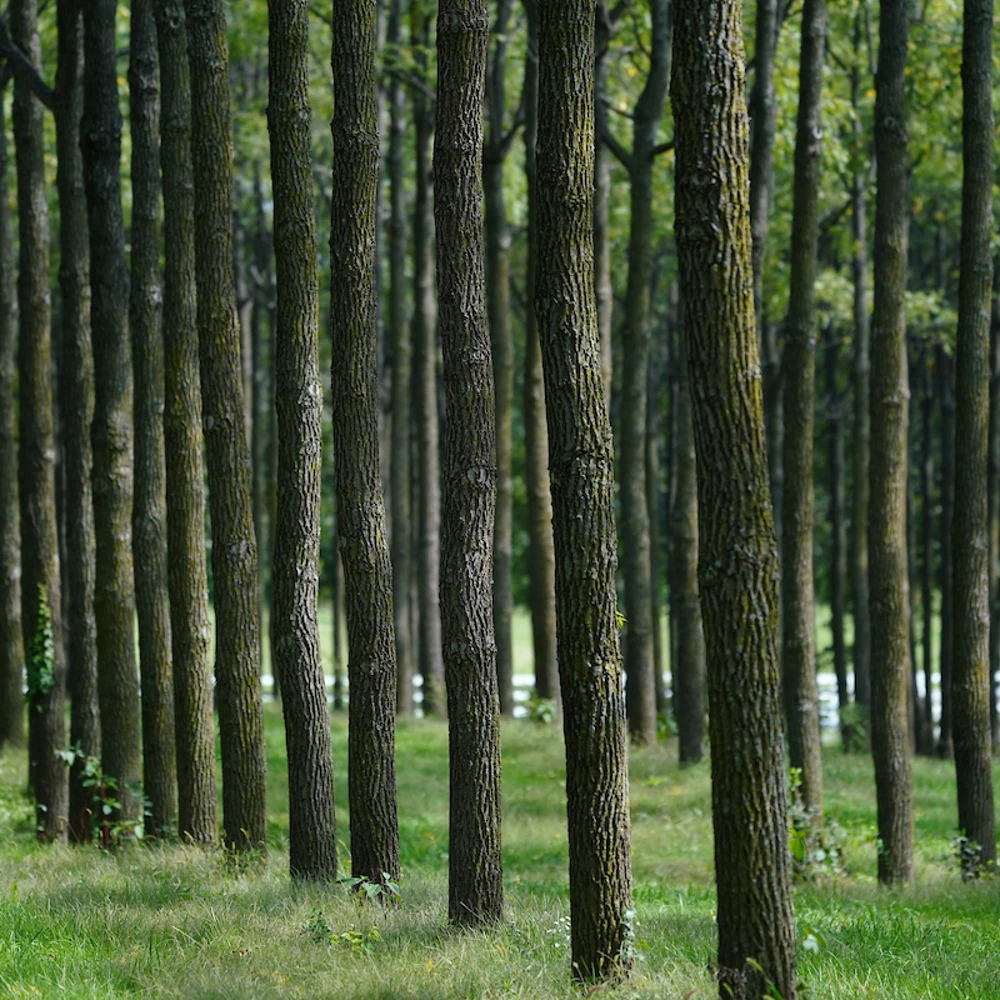
Department of Horticulture and Landscape Architecture graduate program
Horticulture is the science and practice of optimizing the growth and development of plants for food, medicinal and ornamental purposes. Students interested in studying plant biology, genetics, metabolism and physiology in horticultural crops to drive advancements in the field should consider applying to work with CPB-affiliated faculty through the Department of Horticulture and Landscape Architecture graduate program.
CPB-affiliated faculty:
Natalia Dudareva
Avtar Handa
Ying Li
Kranthi Varala
Joshua Widhalm
Program FAQ:
Q: Who can I contact with Department of Horticulture and Landscape Architecture graduate program questions?
A: Please contact Kristina Marie Cooley, Graduate Coodinator/Administrative Assistant: kmcooley@purdue.edu
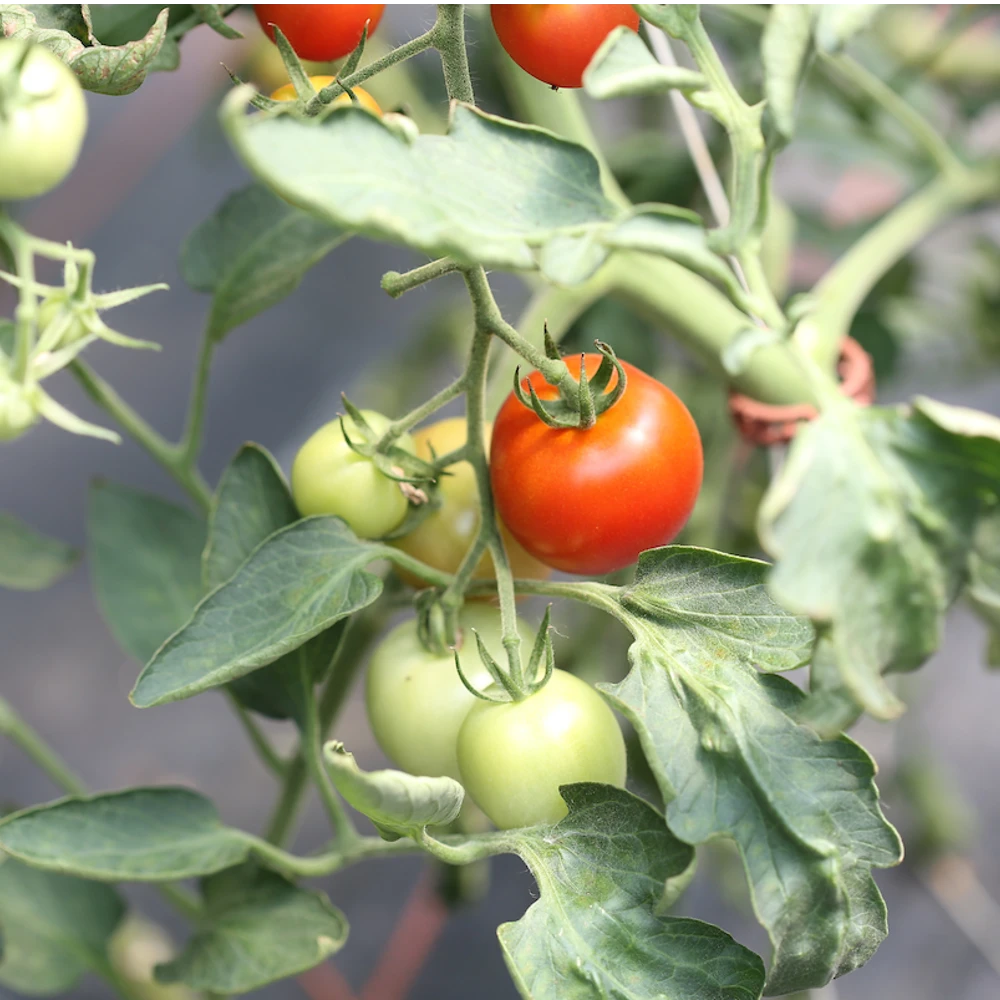
PULSe interdisciplinary life sciences graduate program
Purdue University Interdisciplinary Life Science Program (PULSe) is a highly selective PhD program with interests in a life science discipline. It grants access to innovative curriculums and diverse research opportunities that span multiple disciplines, as well as world-class facilities and resources. Students interested in studying with CPB faculty should consider applying to PULSe through the plant biology training group.
CPB-affiliated faculty:
Leonor Boavida
Clint Chapple
Zhixiang Chen
John Couture
Brian Dilkes
Natalia Dudareva
Stanton Gelvin
Avtar Handa
Sharon Kessler
Ying Li
Damon Lisch
Xing Liu
Anjali Iyer-Pascuzzi
Jianxin Ma
Tesfaye Mengiste
Michael Mickelbart
John Morgan
Sergio Muñoz-Gómez
Chris Oakley
Joseph Ogas
Daniel Park
Sujith Puthiyaveetil
Kranthi Varala
Gyeong Mee Yoon
Cankui Zhang
Yun Zhou
Program FAQ:
Q: Who can I contact with PULSe interdisciplinary life sciences graduate program questions?
A: Please contact Lindsey Springer, Lead Graduate Programs Specialist: lbcampbe@purdue.edu
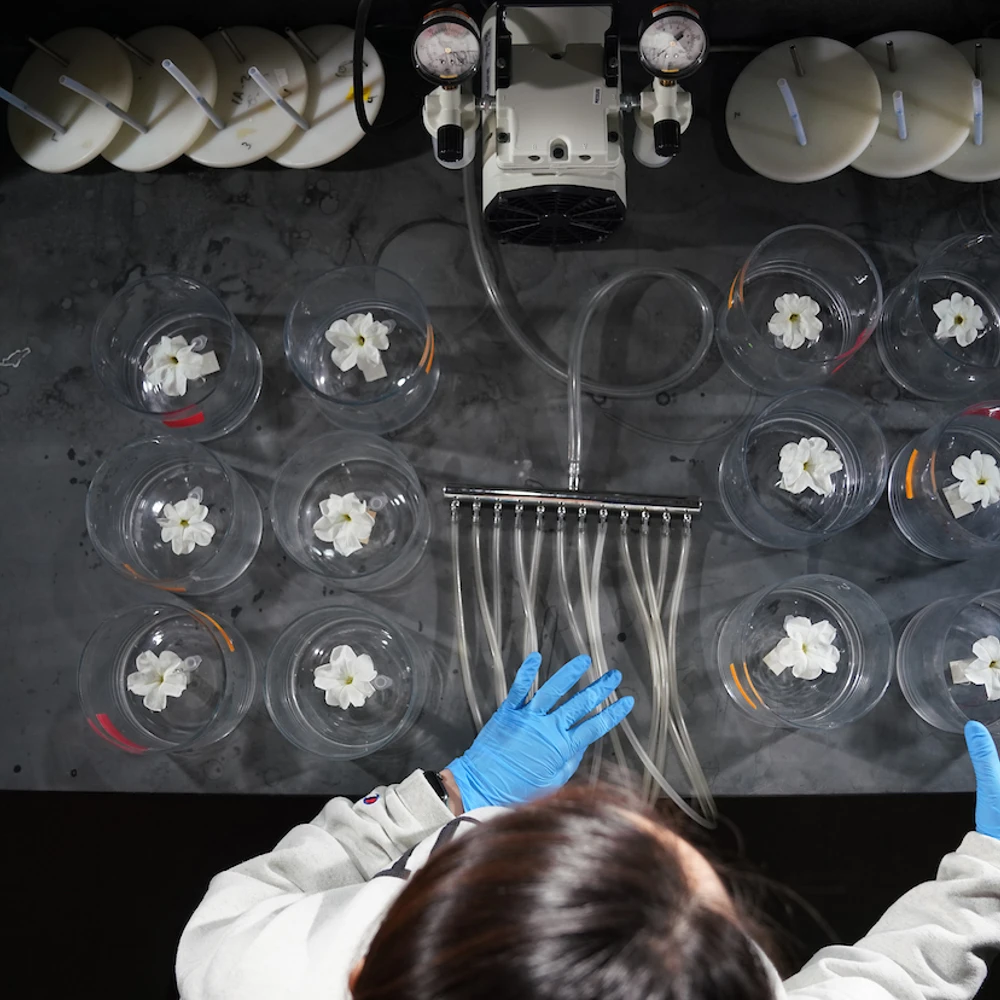

Have questions?
If you have any questions about the CPB graduate training programs, please reach out to Traci Edmonds, the Graduate Program Administrator for CPB. She can assist you with any inquiries regarding the application process.
Create your own Plant Biology success story at Purdue University.
Discover how graduates from the CPB have gained from the Purdue research programs and gain insight into their paths and studies in plant biology.
view stories